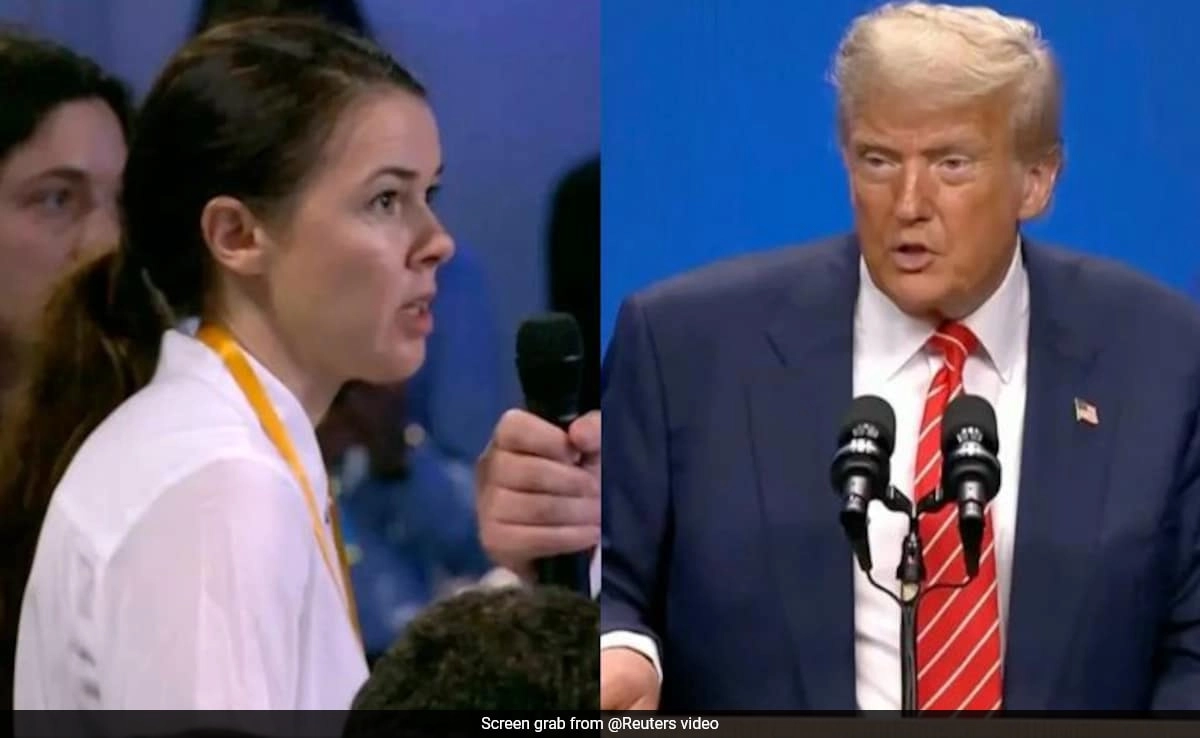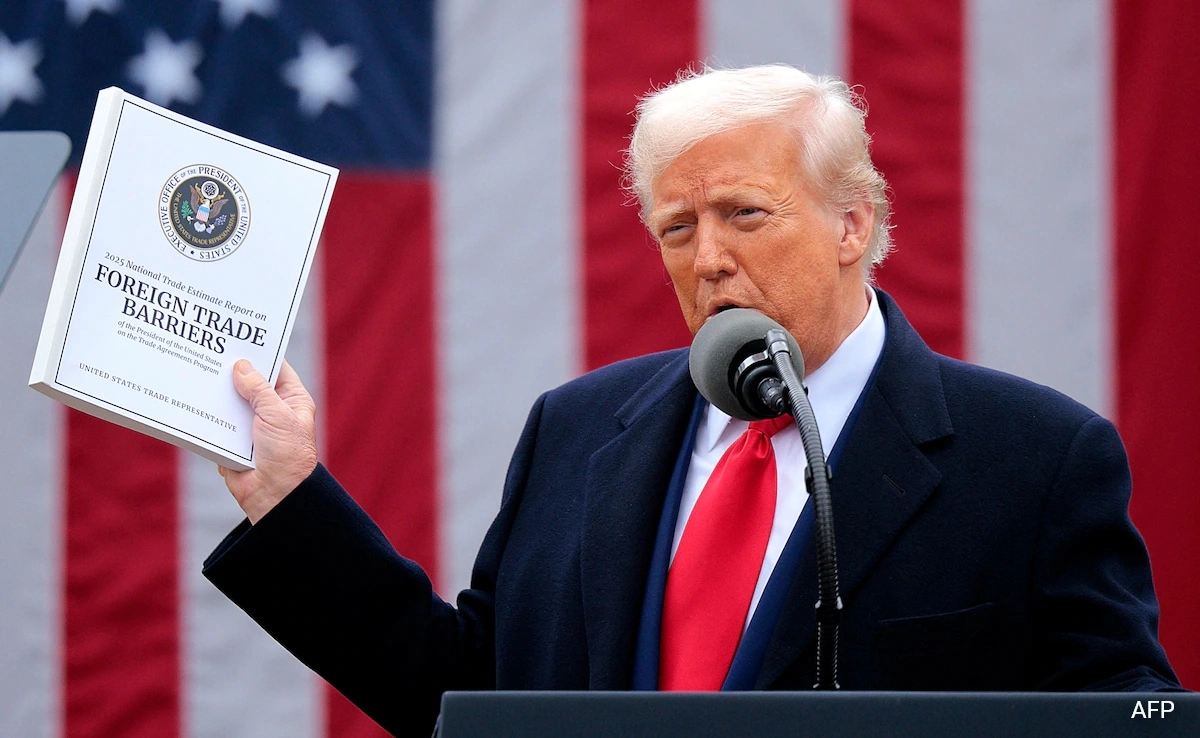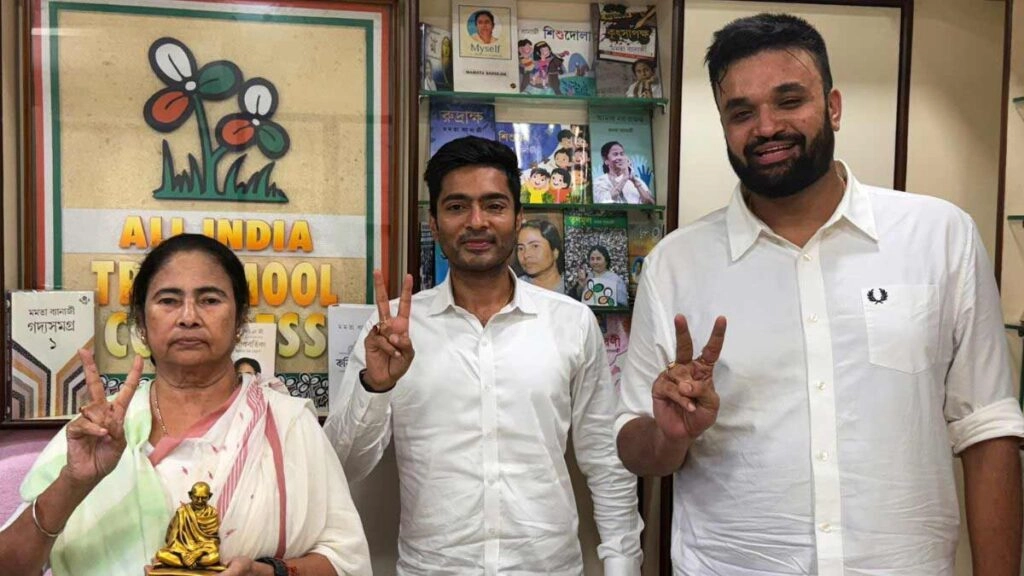In a recent encounter at a NATO event, former President Donald Trump engaged in a heartfelt exchange with a Ukrainian journalist, creating a moment that resonated with many observers. The interaction highlighted the complexities of international relations and underscored the ongoing struggles faced by Ukraine amidst its conflict with Russia. The journalist, representing a nation enduring significant hardships, posed questions that reflected the deep concerns of her people. Trump’s responses were marked by a blend of empathy and political rhetoric, illustrating the delicate balance leaders must maintain when addressing foreign conflicts.
During the exchange, Trump acknowledged the resilience of the Ukrainian people and expressed support for their sovereignty. This moment was particularly poignant as it came at a time when Ukraine was seeking stronger ties with Western nations and looking for assurances of continued support in its fight for independence. The journalist’s questions served as a reminder of the human impact of geopolitical decisions, emphasizing the need for leaders to remain connected to the real lives affected by their policies. Trump’s remarks, while characteristic of his often confrontational style, also reflected an understanding of the gravity of the situation in Ukraine and the importance of international solidarity.
The exchange was notable not only for its emotional weight but also for the broader implications it has for U.S.-Ukraine relations. As NATO continues to grapple with the challenges posed by Russian aggression, moments like this underscore the importance of diplomatic dialogue and the role of individual leaders in shaping the narrative around such conflicts. Trump’s interaction with the journalist serves as a reminder that behind political discussions are real people with real struggles, and effective leadership often requires a blend of compassion and strategy. The dialogue at NATO thus became a microcosm of the larger relationship between the United States and Ukraine, illustrating the ongoing commitment to supporting nations facing existential threats while navigating the complexities of international alliances.




